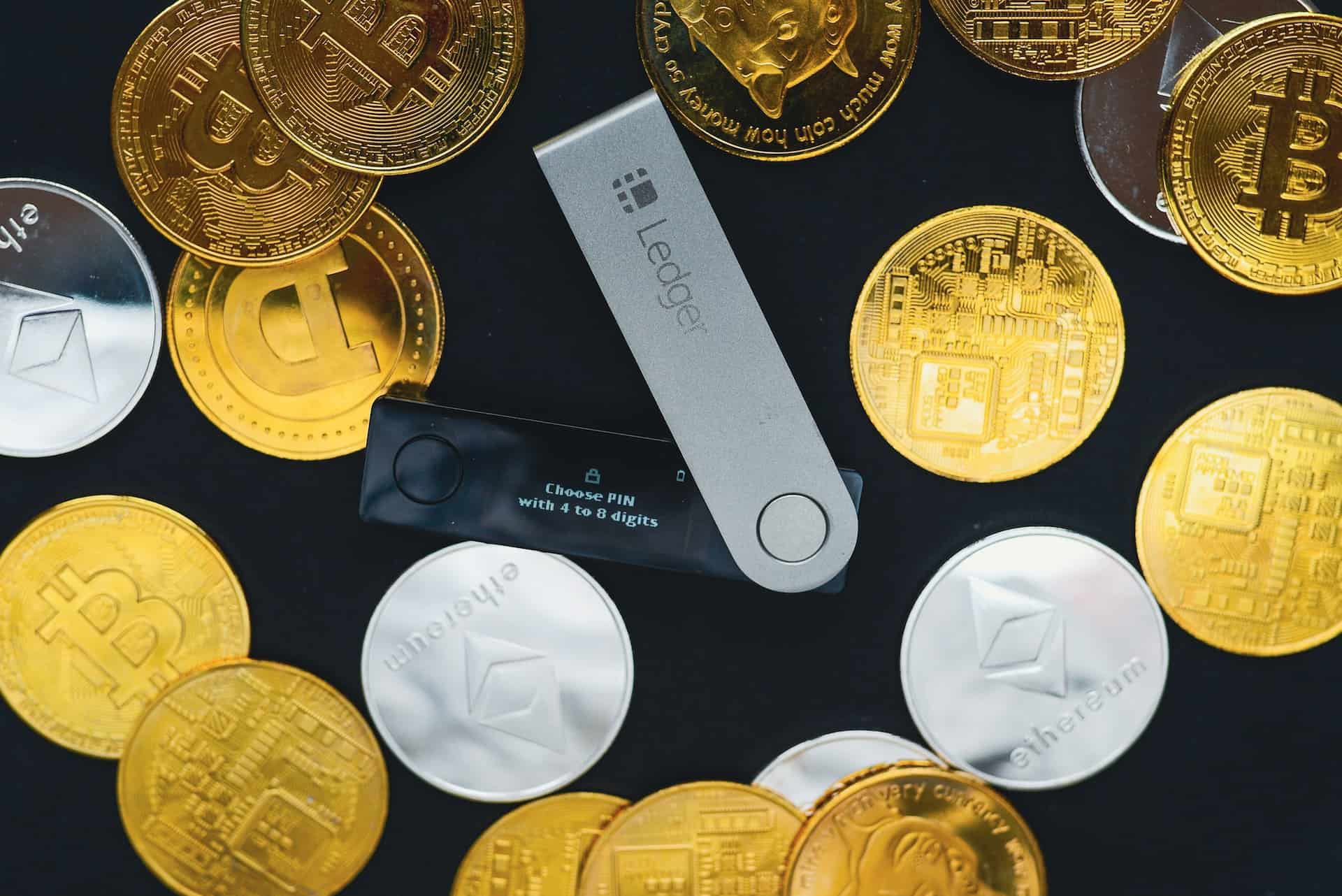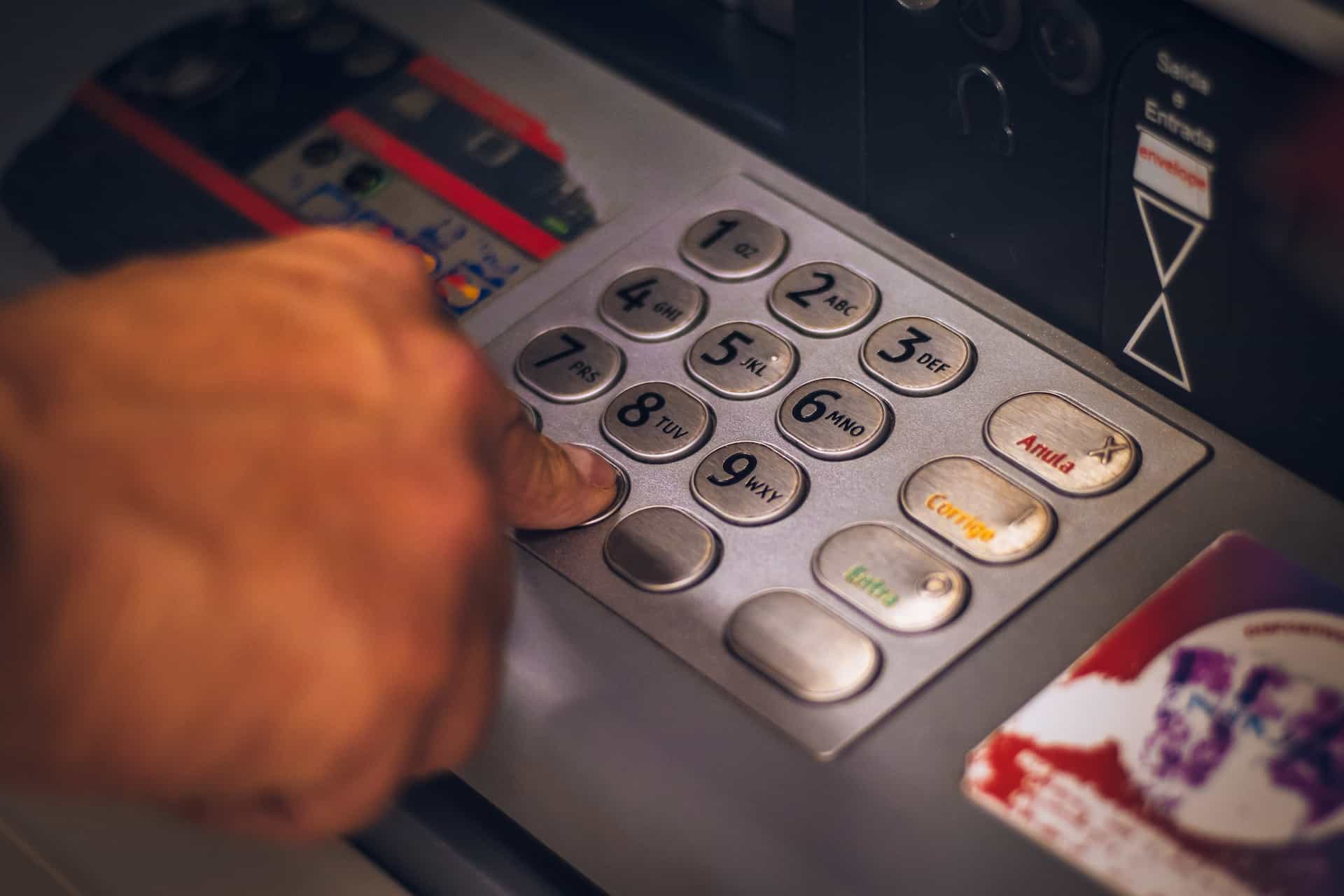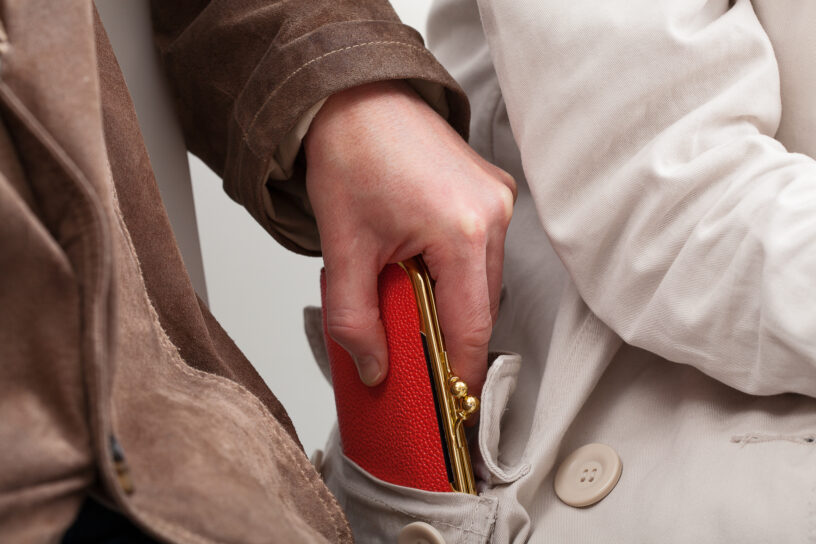I’m really excited to interview Kathy Stokes, the Director of Fraud Prevention Programs at AARP, about how to avoid travel fraud. She is a nationally recognized expert on fraud, and her primary focus is educating consumers about how to protect their assets from fraud and scams.
Please take a moment to subscribe to our podcast. It is available on all major podcast channels, such as Apple Podcasts, Google, Spotify, TuneIn, and iHeartRadio.
Common scams and how to avoid travel fraud
Criminals have unlimited ideas for how to separate you from your money. However, their ideas tend to fall into distinct categories. Learn about how to avoid travel fraud while planning your vacation and to steer clear of the criminals once you arrive. And, if you end up being a victim of one of these scams, we’ll share four ways to report the crime.
You can avoid fraud and save money on your vacation by using travel rewards. If you’d like to learn how to travel for free using airline miles and hotel points, check out my free 7-day email course.

Be careful when searching the internet for travel deals. Some deals are “too good to be true” offered by scammers looking to take your money. Photo by Glenn Carstens-Peters on Unsplash.
Before you travel
While planning your trip and getting ready to leave, watch out for these common travel scams.
Won a free vacation
You didn’t enter a contest, yet you receive a call, text or email asking you to pay the taxes on your free vacation. The scammers prey on people who forget which contests they’ve entered. They use common-sounding names and often blend names together. I often receive calls from representatives from “Hyatt Hilton Marriott” although those brands would never jointly market any type of legitimate vacation.
International travel document scams
When traveling to certain countries, you must have a visa or other travel documents. Scam websites impersonate the U.S. Department of State or legitimate sites for your destination country. The fake site asks you to pay fees to obtain the documents necessary for entry to the country.
International driver’s permit scams
Many travelers don’t know that you must get an international driver’s permit to drive in a foreign country. Fake sites offer them for sale, but they are worthless pieces of paper. Only the U.S. Department of State, the American Automobile Association (AAA), and the American Automobile Touring Alliance (AATA) are authorized to issue IDPs.
Vacation home scams
You book your stay through a third-party site, which ends up being a fake. Or scammers hijack a legitimate listing to take your money, then you show up, and the real owner doesn’t know anything about your reservation. Even on legitimate sites like Airbnb and VRBO, the pictures of the property you booked may not look the same in real life.
During your vacation
Whether you’re traveling internationally or staying in your home country, criminals are looking to take advantage of tourists. On vacation, you’re generally focused on seeing the sights and enjoying the food, so you can be easily distracted. If you’re in a foreign country where you don’t know the language, it is even easier to fall victim to a scam.
Broken taxi meter
The driver will say that his meter is broken and charges an outrageous price for the trip. Always negotiate rates before getting into the car. Don’t listen if they say it’s cheaper to drive without the meter.
Closed hotel or attraction
While driving to your hotel or attraction, the driver says it is closed or overbooked and tries to take you to a more expensive hotel or attraction that pays him a commission.
Free bracelets, rosemary, or souvenirs
Scammers try to get you to take something and then demand an outrageous amount of money. If you don’t pay, they’ll make a scene or call the police. Just ignore these people and continue walking.
Distractions by pickpockets
Pickpockets work alone or in teams. While they distract you with a spill on your clothing or drop something at your feet, they or their team will steal something from your bag or pocket.
Fake police officers
Someone tries to sell you drugs or other illegal items, and then police officers walk up and flash badges. They demand your passport and wallet. Tell them that your ID is in your hotel safe, and they should accompany you to the hotel to get it. If they’re fake, they’ll let you go. And ignore people trying to sell you illegal items or tell them you’re not interested.
ATM helper
Someone offers to help you avoid ATM fees by taking you to another ATM, but they really just want to skim your ATM card using a portable scanner. They also try to watch for your PIN code, so cover up the keypad as you enter your number. I use an ATM card from Schwab that reimburses all ATM fees and provides excellent exchange rates, so I never worry about what the fees are.
Group photo offer
A local will offer to take your photo, but they just want to steal your camera while you’re distracted. Instead, ask other tourists to take turns taking each other’s photos.
Fake WiFi
Getting internet access is important while traveling because it cuts down on roaming charges and often provides a faster and more reliable connection. But scammers can also steal your data and access your computer. Ask the hotel or store owner which is the right WiFi network to connect to, and always use a VPN service when connecting to public WiFI. VPN services like ExpressVPN encrypt your data, so even if someone does access it, they cannot read it.
Flirty locals
When traveling solo or with friends, locals may flirt with you at a bar and run up a large tab. When it comes time to pay, they disappear, and you’re stuck paying the bill. In some cases, they may try to get you drunk or drug you to steal your money, credit cards and valuables… or even worse.
Found valuables
A stranger walks up and says that you dropped a valuable ring. You say it’s not yours, but they’ll sell it to you for a good price. In fact, the ring is fake, and they scammed you out of money.
Juice jacking
When plugging your phone, tablet or computer into a public charging station, the connection allows hackers to break into your device to steal your personal information or install malware. Avoid using USB chargers. Bring your own charger like this one (Amazon affiliate link) that plugs into an electrical outlet or a portable power bank like this 24,000mAh Anker Power Bank (Amazon affiliate link) that can charge phones, tablets, or even some laptops. If you must plug into a USB port, use a USB data blocker (Amazon affiliate link) to prevent data transfer.
Signs that you’re dealing with a scam artist
Scammers do this full-time to make money. They are slick salespeople who can twist your words and make you feel “dumb” for not taking advantage of an “exclusive offer.” Fortunately, these criminals often use the same strategies over and over again, so it can be easy to avoid being a victim. Here are a few of the strategies they use to try to steal money from travelers.
- Offer something for free. They offer you something free but then say you must pay fees to get it. They often say that you have to pay taxes or booking fees to get your “free” vacation.
- Don’t provide specific details. They only say things like “five star” resort or “luxury” cruise, but never which hotel, cruise or airline it actually is.
- Ask to be paid in unconventional ways. Most legitimate businesses accept credit cards today. If they ask to be paid by wire transfer, gift cards or cryptocurrency, that’s a strong signal that this is a scam. These payments are often untraceable and irreversible once they’re sent.
- Pressure to make a quick decision. They use words like “limited time offer” or “we only have a few of these packages left” to make you feel like you’re missing out if you don’t buy now.
- Prices are “too good to be true.” If something is far below market value, why are you so special that they’d lose money to sell it to you?

Beware of any company that demands payment in Bitcoin or any other cryptocurrency. Photo by rc.xyz NFT gallery on Unsplash.
How to avoid travel scams
Follow these three rules to avoid travel scams. If the deal is a fake, the person you’re speaking with will avoid sharing complete details, they won’t give you time to research the company, and they typically want to get paid in ways that are tough to reverse.
- Don’t agree or send money until you have complete details. Ask to see the deal in writing, and don’t hesitate to contact the hotel for confirmation.
- Research the company offering the deal. In your search, use “(company name) scam” to see if others have posted information about them. Look for the company’s name on the BBB website, Consumer Affairs or TrustPilot. Search for the resort’s address online to ensure it actually exists.
- Never pay with gift cards, crypto or a wire transfer. Using a credit card not only earns rewards but also offers protection against scams.

Beware of unsolicited phone calls asking for personal information. Photo by Berkeley Communications on Unsplash.
If you’ve been the victim of a scam
The tips that Kathy and I shared can help you avoid travel fraud in the future. However, if you’re already a victim, follow these steps to try to get your money back.
- Contact your bank immediately. The bank may be able to reverse the charges to your debit or credit card or reclaim money sent via wire transfer. If you paid with a gift card, contact that vendor to see if they are able to get the money back.
- File a police report. The police generally don’t get involved with smaller crimes, but the police report can help reduce your loss. Some banks and other companies may be willing to refund your money or reverse the charges when you have an official police report.
- Report it to the FTC. While the FTC doesn’t have criminal enforcement, they are a central repository for this type of information. Filing a report with the FTC helps them to educate consumers, banks and legitimate business owners about the latest scams.
- Contact your state’s Attorney General’s office. Use this resource to look up the contact info for your state. Depending on the size of the scam operation, they may be able to track them down and sue them to recover lost money.
Who is Kathy Stokes?
Kathy Stokes is a nationally recognized leader in the consumer fraud arena. As the Director of Fraud Prevention Programs with AARP, Kathy leads AARP’s social mission work to educate older adults on the risks that fraud represents to their financial security.
Since 2019, she and her team have vastly expanded AARP’s leadership in this space, including the creation of a new victim support program, a multi-year campaign to end the use of gift cards in fraud, and the formation of a national effort to fundamentally transform how our country addresses consumer fraud.
Kathy currently serves on the advisory council to the Board of the International Association of Financial Crimes Investigators and on the advisory council to the Senior Issues and Diminished Capacity Committee of the North American Securities Administrators Association.

Here are a few articles about fraud:
- DEA Impostor Steals Montana Woman’s Life Savings
- FCC and TripAdvisor Take Down the Robocall King
- Expect a Spike in Scam Attempts During the Holidays
- How to Stay Safe From Online Banking Scams
You can learn more about fraud and scams on AARP’s website.
Big thanks to today’s podcast partner – AwardWallet
This episode is brought to you, in part, by AwardWallet. Using airline miles and hotel points makes travel affordable, but keeping track of all of those loyalty programs can be a challenge. That’s why I use AwardWallet to track my miles and points balances, reservations, and special goodies like free hotel night certifications and airline companion passes.
Having everything in one easy-to-use dashboard helps ensure I don’t let any rewards expire and makes logging into my accounts super easy. Go to WeTravelThere.com/awardwallet to start your free account.

Always guard your PIN when getting money from the ATM. Photo by Eduardo Soares on Unsplash.
Stay tuned for our next episode
Listen to the next episode when Derek Souza and Angus Miyaji of IACE Travel share the best things to do in Nikko, Japan. In this episode, we talk about attending the Great Wisteria Festival, exploring Lake Chuzenji, and visiting the Ashikaga Flower Park. We hope you’ll join us when We Travel There.
What’s your tip about avoiding travel fraud? Send us a Tweet, let us know in the comment section below, or continue the discussion in our Facebook group!
Please take a moment to follow the podcast on your favorite podcast apps, like Apple Podcasts, Google, or Spotify, so you don’t miss the next episode! While you’re at it, give us a rating and Tweet the podcast to your friends.
To see which cities we’ve interviewed and scheduled, please visit WeTravelThere.com/map. If you’d like to be a guest on the show, please submit an application at WeTravelThere.com/guest.
Related episodes
Learn more about saving money and staying safe while traveling through our other episodes.









Anonymous
Just a side note. Although “juice jacking” is possible, there has never been a documented case of it ever happening in the US.
Lee
Thanks for sharing. It’s good to know that there haven’t been any actual reportings of this happened. But, it is better to stay safe and be in the mindset of protecting your data at every potential access point.